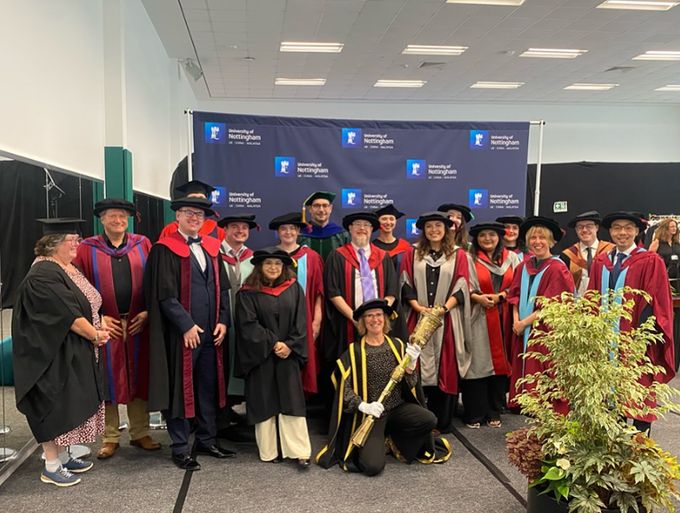Gonzalo Urcelay
@gurcelay.bsky.social
510 followers
430 following
34 posts
Assistant Professor at University of Nottingham, interested in learning and memory.
Posts
Media
Videos
Starter Packs
Pinned
Gonzalo Urcelay
@gurcelay.bsky.social
· Aug 13
Reposted by Gonzalo Urcelay
Reposted by Gonzalo Urcelay
The Guardian
@theguardian.com
· 25d

Israel has committed genocide in Gaza, says UN inquiry
Commission’s 72-page legal analysis cites examples including scale of killings, aid blockages and forced displacement
*
Middle East crisis – live updates
A UN commission of inquiry concluded on Tuesday that Israel had committed genocide in Gaza and that top Israeli officials including the prime minister, Benjamin Netanyahu, had incited these acts.
It cited examples of the scale of the killings, aid blockages, forced displacement and the destruction of a fertility clinic to back up its genocide finding, adding its voice to rights groups and others that have reached the same conclusion. Continue reading...
www.theguardian.com
Reposted by Gonzalo Urcelay
Reposted by Gonzalo Urcelay
Tomás Ryan
@tjryan.bsky.social
· Aug 15

The cost of remembering: engram competition as a flexible mechanism of forgetting
The retention and use of long-term memories is crucial for adaptive behavior. While
stable memories help organisms anticipate outcomes, they may become maladaptive if
not updated to reflect new condit...
www.cell.com
Reposted by Gonzalo Urcelay
Gonzalo Urcelay
@gurcelay.bsky.social
· Aug 14
Gonzalo Urcelay
@gurcelay.bsky.social
· Aug 13

Job Vacancy at the University of Nottingham: Post Doctoral Research Associate/Fellow (Fixed term)
Applications from highly motivated and self-driven candidates are invited for the above position to work on the BBSRC-funded project ‘Determining the brain basis of heart rate variability during extin...
jobs.nottingham.ac.uk
Gonzalo Urcelay
@gurcelay.bsky.social
· Aug 13
Gonzalo Urcelay
@gurcelay.bsky.social
· Aug 8
Gonzalo Urcelay
@gurcelay.bsky.social
· Aug 8
Gonzalo Urcelay
@gurcelay.bsky.social
· Aug 8
Reposted by Gonzalo Urcelay



